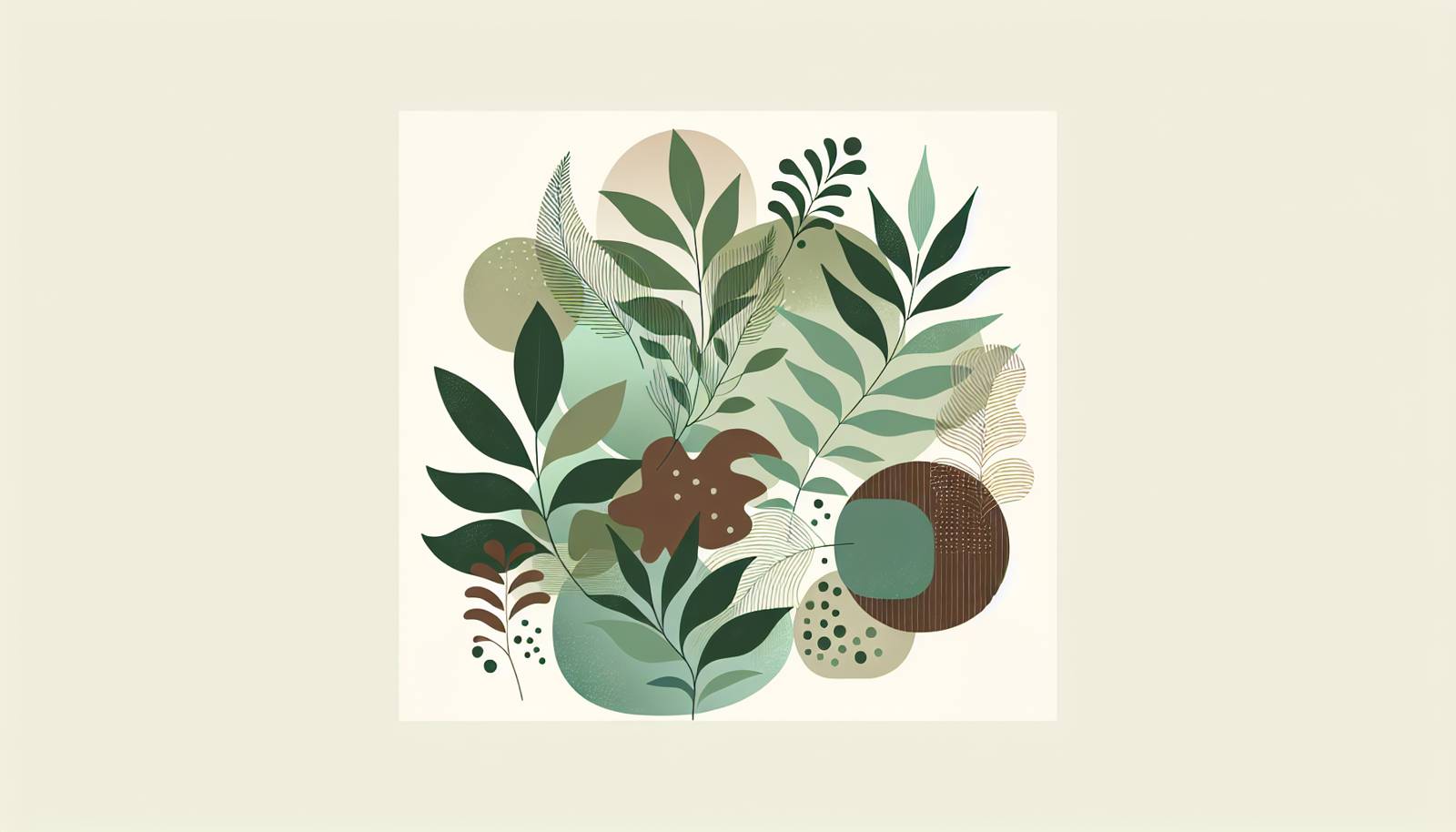
FAQ About Indoor Plant Cultural Practices

How is Feng Shui related to indoor plants?
Feng Shui is an ancient Chinese practice that involves arranging objects in living spaces to ensure harmony with the natural environment. Indoor plants play a significant role in Feng Shui as they are believed to attract life force energy (chi) and prosperity. Plants such as bamboo and money trees are particularly popular due to their connotations of luck and wealth. Placement is also crucial, as it determines the flow of energy throughout the space.
Other Questions About Indoor Plant Cultural Practices
- What are some common cultural practices related to indoor plants?
- How do different cultures assign symbolic meanings to indoor plants?
- What are some ritualistic uses of indoor plants?
- How is Feng Shui related to indoor plants?
- What are the benefits of incorporating cultural plant practices at home?
- Can houseplants have different meanings in different cultural contexts?
- What are the cultural significances of succulents in interior design?
- Why is the Tulsi plant significant in Indian homes?
- How are plants used in Japanese cultural practices?
- What role do indoor plants play in African spiritual practices?
- How are indoor plants used in European folk traditions?
- What is the importance of bonsai in cultural practices?
- Which plants are typically used in rituals in Native American cultures?
- Are there any misconceptions about indoor plant cultural practices?
- How do indoor plants factor into meditation or mindfulness practices?
- What impact do indoor plants have on cultural identity?
- How do urban environments influence indoor plant cultural practices?
- Can the same plant species have different traditional uses across cultures?
- What considerations should be kept in mind when adopting cultural plant practices?

Create new FAQ page, write FAQs and publish for your clients, friends, colleagues, visitors, students, customers, guests, neighbors, or yourself.
Create Your Own FAQ Page now